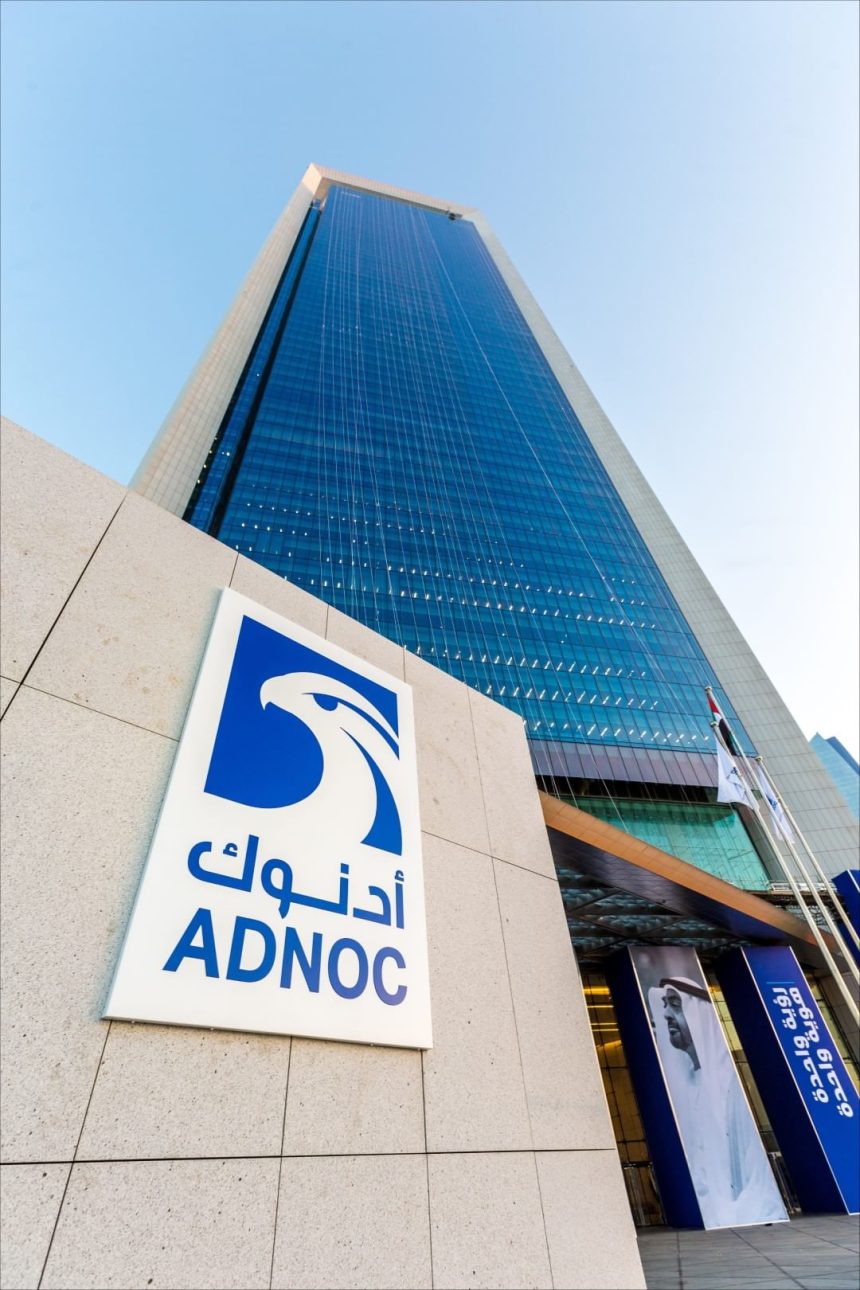“Bayt.com,” the job site in the Middle East, and “YouGov,” the specialized market research organization, announced the results of the “Future of Work in the Middle East and North Africa 2024” survey.
The study is based on data regarding workforce confidence in job market performance, professional priorities, skillsets and employment practices.
It also highlights the sectors most prepared for growth or decline.
The survey results reveal a high level of optimism about professional futures in the Middle East and North Africa.

A positive outlook about the future of work in the Middle East and North Africa
80% of participants expressed confidence in the future of work, despite the rapidly changing job landscape.
This confidence is particularly pronounced in the Gulf Cooperation Council (GCC) markets.
Emphasizing upcoming opportunities and career advancement in Gulf countries.
Ala Hadad, General Manager at Bayt.com, stated:
“We are committed to understanding the dynamic needs of the labor market and professional workforce in the Middle East and North Africa.
Our extensive database includes over 52 million job seekers, and it played a crucial role in conducting this research.
The survey results highlight a positive outlook among the workforce.
It also underscore the increasing importance of both personal and professional skills.
Along with anticipated shifts in future recruitment practices.”

According to the survey, there is increased demand for specific job roles, including:
- Software engineering (79%)
- Healthcare (74%)
- Electrical engineering (73%).
Conversely, traditional roles in creative writing and journalism have seen decreased demand.
key essential competencies and skills
The study is also highlighting key competencies and skills considered essential by today’s professionals.
- Time management ranks first at 97%.
- Followed by communication skills at 96%.
- Teamwork, technological skills, and computer literacy are also highly valued at 95% each.
The financial technology sector in the UAE has strengthened its important position, after witnessing major developments over the past few years, which contributed to strengthening the country’s position as a leading global center in this sector. pic.twitter.com/WYuaPVuZQm
— UAE Voice (@uae_voiceeng) July 3, 2024
Looking ahead, technological skills and computer literacy will remain crucial (93%).
In addition to strategic vision (91%), time management, effective communication, and creative thinking (90%).
Nearly half of the survey participants anticipate equal importance for technical and personal skills, especially in North Africa.
The future of work in Mena Region remains promising, due to the huge efforts made to keep up with the digital transformation.
Mentioning that stakeholders are doing their best to merge AI in their companies systems.
Read Also:
Are the UAE Organizations Ready For the Future with AI ?
Sustainability and Innovation Center by DEWA
Details About du and DIFC Innovation Hub New Partnership





